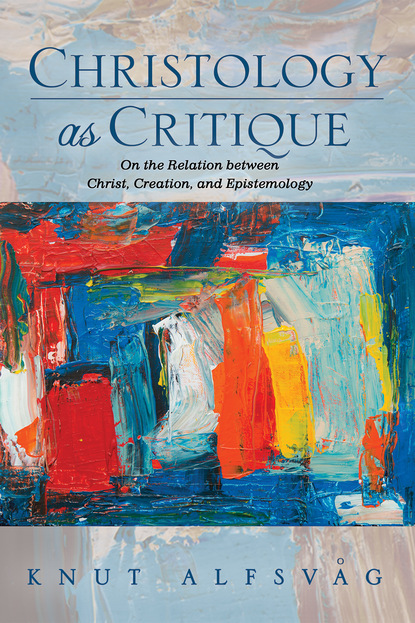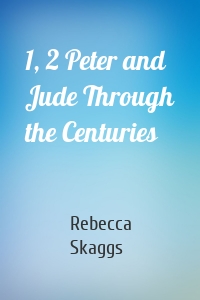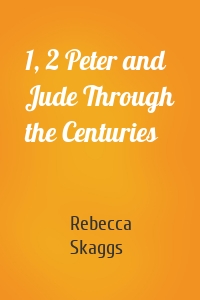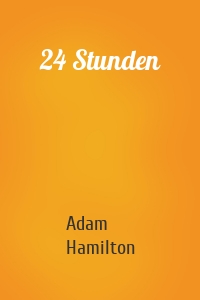
Christology as Critique скачать fb2
Knut Alfsvåg - Christology as Critique краткое содержание
If the origin of the world is not a part of the world, what are the implications for our understanding of ourselves, the world, and its origin? In antiquity, both gentile and Christian authors agreed that the significance of this question could only be maintained by accepting the unbridgeable difference between the world and God. Not even Christology as the most ambitious attempt at developing a model for divine-human communication was allowed to undermine the principle of absolute divine difference. This changed with the modern emphasis on univocity and measurability as the defining aspects of knowledge. From the point of view of a philosophy of absolute difference, this appears as an arbitrary loss of perspective. By focusing on four authors–Cusanus, Luther, Hamann, and Kierkegaard–who have explored how the Christian and paradoxical understanding of Christ as eternal God and true human subverts the modern emphasis on unambiguity and definability, the present investigation makes an attempt to retrieve what has been lost. Classical Christology as interpreted by these authors thus appears as an indispensable tool for receiving and appreciating the gift of the world in a way that is not unduly limited by anthropocentric prejudice.
Скачать книгу «Christology as Critique» Knut Alfsvåg
Чтобы оставить свою оценку и/или комментарий, Вам нужно войти под своей учетной записью или зарегистрироваться



